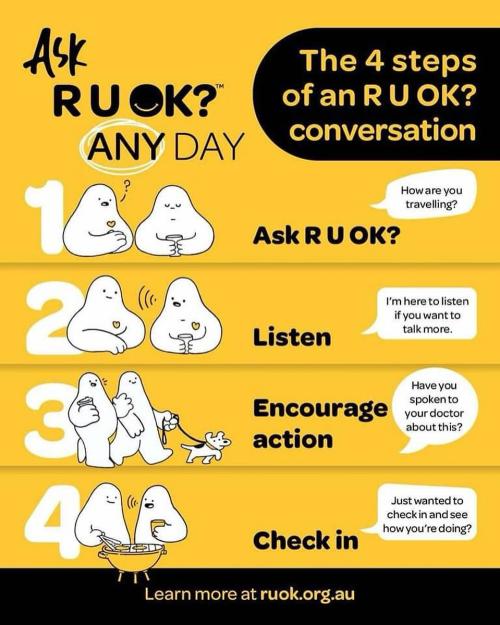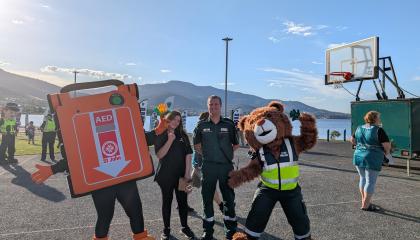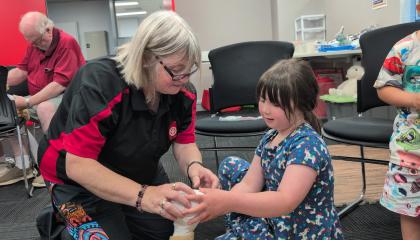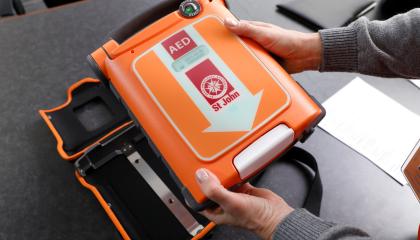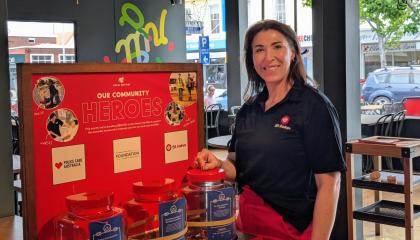R U OK? Day is an important reminder to reach out and ask the simple question, "Are you OK?" It’s more than just a day—it's a movement aimed at raising awareness about mental health and fostering a culture of care and connection. The day encourages all of us to look out for one another, recognising that mental health is a vital part of overall well-being.
Life can be tough, and stress, anxiety, and emotional struggles can often go unnoticed. R U OK? Day highlights the importance of checking in with friends, family, and colleagues to see how they’re really doing. By starting a conversation, we can help reduce the stigma around mental health and remind those who are struggling that they don’t have to go through it alone.
A Simple Question with a Big Impact
Asking someone if they’re OK may seem small, but it can have a huge impact. Whether at work, at home, or in our social circles, creating space for open conversations about mental health is crucial. Often, people who are going through a tough time feel isolated, and simply being there to listen can make all the difference.
R U OK? Day encourages us to not just ask the question, but also to be ready for the answer. It’s important to be prepared to listen, offer support, and guide the person toward the help they need, whether that’s talking to a loved one or seeking professional advice.
Just as physical first aid equips us to respond when someone is injured, there are parallels when it comes to offering support for mental health. Knowing how to recognise the signs and offer timely assistance can be just as critical when someone is struggling emotionally.
In physical first aid, the first step is often identifying when someone needs help—whether it’s visible like a cut or harder to detect like breathing difficulties. Similarly, recognising when someone might need emotional support is crucial. You might notice changes in their behaviour, such as withdrawing from social interactions, becoming more irritable, or showing signs of anxiety or stress.
Once you’ve identified that someone may be struggling, the next step mirrors first aid: approach with care. In mental health, this means creating a safe space for conversation. Ask open-ended questions like, “How have you been feeling lately?” or “I’ve noticed you’ve seemed a bit down—want to talk about it?” Then, listen without judgment and offer reassurance.
Fostering a Caring Community
Mental health challenges can manifest in many ways, from emotional distress to changes in behaviour or physical health. By recognising the signs and understanding the importance of mental well-being, we can contribute to creating safer, more supportive environments for everyone.
R U OK? Day is about more than one conversation. It’s about building a culture where it’s normal to check in with each other regularly, whether there’s an obvious problem or not. At St John Ambulance Tasmania, we believe in creating a community where people feel safe and supported to talk about mental health, knowing that their well-being is a priority.
